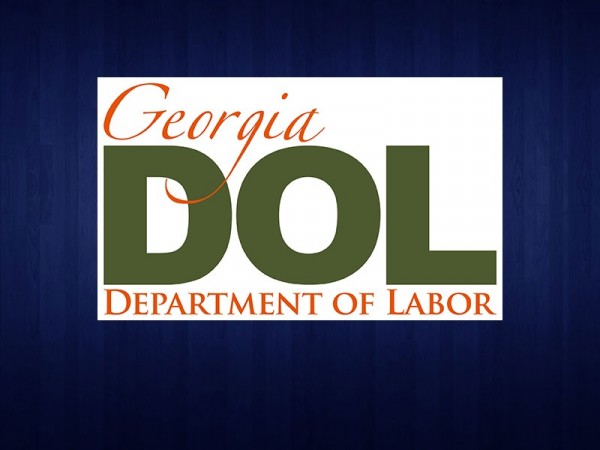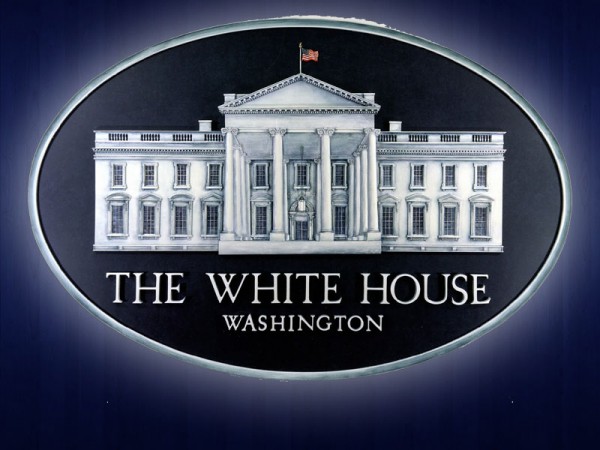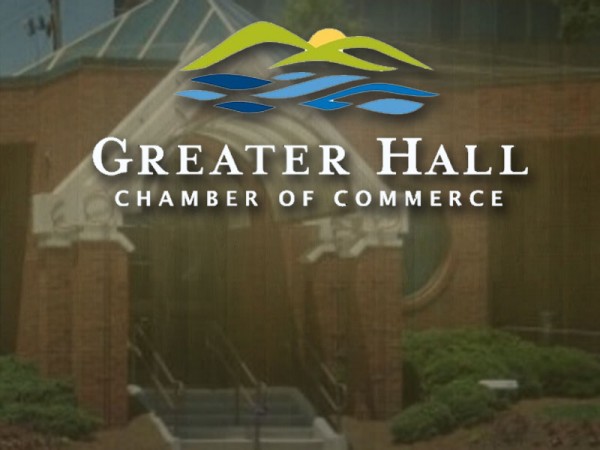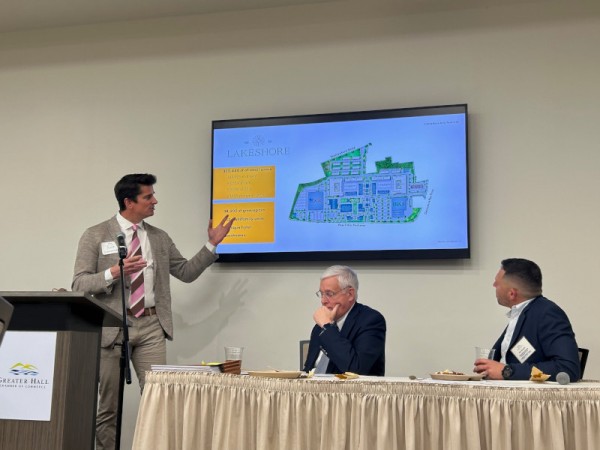HOUSTON - The Arthur Andersen accountant who oversaw Enron's books pleaded guilty Tuesday to directing the shredding of Enron documents and agreed to cooperate with prosecutors in a deal that could help break the scandal wide open.
Former partner David B. Duncan is believed to be the first person in the Enron case to strike a deal with federal prosecutors. He was fired by Andersen after the firm acknowledged the large-scale destruction of Enron documents and deletion of computer files related to the collapse of the energy giant.
Duncan could prove pivotal in the investigations into Enron. As the senior auditor in charge of the Enron account, he would presumably have knowledge of the complex web of partnerships used by the company to keep millions of dollars in debt off its books.
Standing before U.S. District Judge Melinda Harmon, Duncan described how he ordered Andersen employees on Oct. 21 to comply with a policy to retain certain documents and destroy others - two days after he learned that the Securities and Exchange Commission was investigating Enron.
``I also personally destroyed such documents,'' Duncan told the judge. ``I accept that my conduct violated federal law.''
The charge, filed hours before Duncan entered his plea, said he ``knowingly, intentionally and corruptly'' persuaded others to obstruct the SEC probe.
An obstruction conviction can carry fines and up to 10 years in prison. It was unclear what punishment Duncan would receive in exchange for his plea, though Harmon warned him the sentence could be more severe than anything prosecutors might have discussed with him.
Duncan remains free until his sentencing hearing on April 26.
The charge against Duncan said the shredding occurred between Oct. 23 and Nov. 9. The SEC notified Andersen on Nov. 8 that it would issue a subpoena for documents related the firm's work on Enron.
Duncan has been cooperating with the government's investigation and will continue to do so, his lawyers said.
A grand jury indicted Andersen on March 7 on a single count of obstructing justice, accusing the firm of destroying ``tons of paper'' at offices worldwide and deleting enormous numbers of computer files on its audits of Enron.
At times, the government said, the destruction was so frenetic that employees worked overtime and shredding machines couldn't keep pace.
The indictment was unsealed March 14. Andersen has pleaded innocent.
Duncan initially was thought of as somewhat of a rogue auditor when Andersen fired him and demoted several others on the Enron team after acknowledging the shredding in January. Attorneys for the firm and Duncan later appeared more unified, asserting the innocence of both.
Robert Mintz, a former assistant U.S. attorney and an expert in white collar crime, said Duncan's plea undermines the united front.
``His defection represents the first thread in the unraveling of the defense,'' Mintz said. ``Andersen's best defense was the presentation of a unified front, categorically denying any intentional wrongdoing by any employees.''
He said Duncan's plea also significantly weakens Andersen's hand in trying to hammer out a resolution to the criminal case with the government.
Lawyers for Andersen met Friday at the Justice Department to negotiate a settlement, but no deal was reached. It was unclear whether future settlement meetings were planned immediately.
``Andersen has to be very concerned. This is the first deal to be struck, and others will follow,'' Mintz said.
The charge against Andersen is set for trial on May 6.
Court documents also have disclosed that a second grand jury was impaneled March 27 in Houston to investigate the collapse of Enron.
Mintz called Duncan's plea the first building block in a criminal case against Enron, whose bankruptcy filing Dec. 2 is the largest corporate failure in U.S. history.
Sunday
July 6th, 2025
9:36PM
















